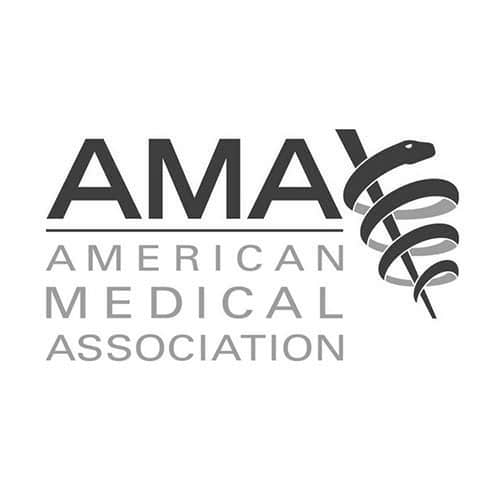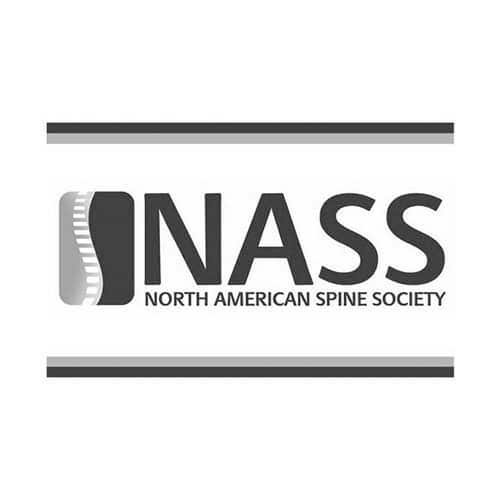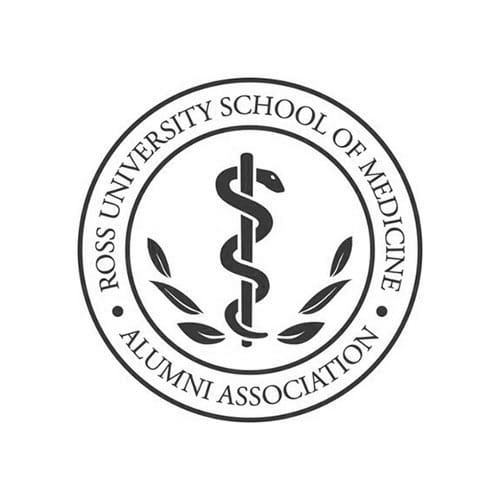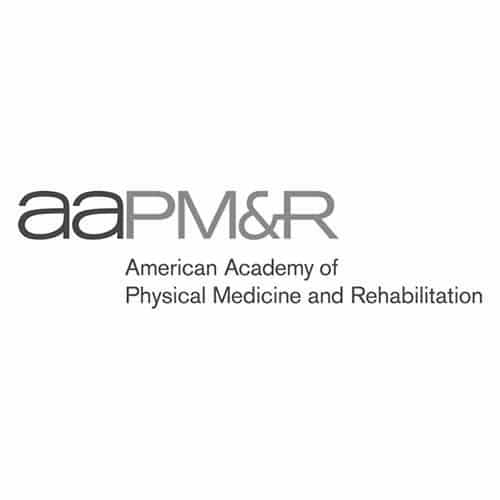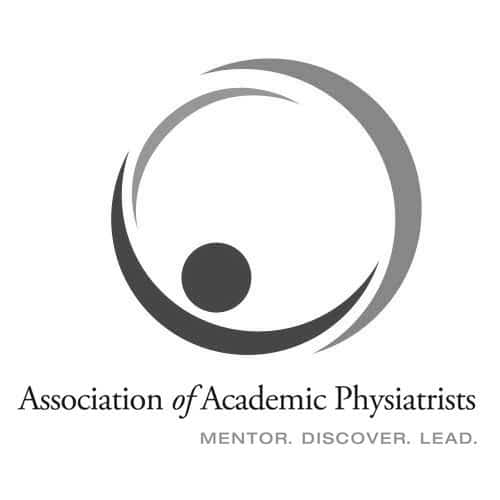With similar names, osteoarthritis and arthritis are two commonly confused conditions, often because both are part of the rheumatism family of pathology. However, they are two very distinct conditions with different symptoms and causes. So, what is the difference, and what are some common treatment paths for each? Join us below as we cut through the fog of confusing terminology, bringing you a succinct explanation of bot conditions that is easy for anyone to understand.
Osteoarthritis Explained
First and foremost, osteoarthritis is a degenerative condition caused by aging and the gradual wearing down of the cartilage that acts as a cushion for your joints. For those in occupations that require a lot of physical activity, lifting, and movement, osteoarthritis can set in faster than others; however, anyone can get the condition as we naturally wear down our joints through movement over time.
Symptoms of Osteoarthritis Include:
- Joint pain and discomfort when moving
- Inflammation around the joints
- Loss of mobility
- Grating sensation when moving
- Bone spurs
- Swelling around affected joints
Some of the most common treatments for osteoarthritis include physical therapy, lifestyle changes like weight management and regular exercise, or orthotics like braces. Suppose you are diagnosed or believe you have osteoarthritis. In that case, it is imperative to avoid high-energy exercises and cease any sports requiring intensive movements or physical contact, as they can only worsen the condition. It’s also important to schedule an appointment with a Board-Certified physician who specializes in helping individuals who are dealing with osteoarthritis.
Arthritis Explained
Conversely, to osteoarthritis, which is a degenerative condition, arthritis is caused by several hereditary factors. Anyone of any age can receive an arthritis diagnosis, and those with a family history of the disease are far more likely to have it than most of the population. Additionally, those who are immunocompromised or have a natural chemical imbalance are at a higher risk for arthritis.
Common Symptoms Of Arthritis:
- Unlike osteoarthritis, those with arthritis may find relief when moving the joint
- Redness and swelling, along with inflammation around the joint
- Pain when waking up or after long periods of rest
Treatments for arthritis are varied and may have different results depending on the severity of the condition. Many people find relief with hot and cold temperature treatments, receiving massages, and acupuncture. More medically proven treatments include the use of a TENS unit for electrical stimulation, anti-inflammatory medication, and immobilization using orthotics.
How Rheumatism Conditions Are Diagnosed
When visiting a doctor for a diagnosis, the medical professional will likely follow these steps:
- Performing A Physical Exam: Here, the doctor will look for signs of inflammation through swelling or reddening of the skin and ask you to move the joint and rate your pain to see if it grows more or less severe with movement.
- Order Imaging Tests: Common imaging tests include an X-ray or ultrasound that can help the doctor search for signs of bone spurs, tendonitis, and cartilage degradation.
- Conduct A Blood Test: To help rule out or confirm your natural heredity disposition to arthritis, the doctor may order a blood test.
- Order Treatment Plans: Depending upon their findings and the severity of your condition, the doctor will guide you on the best treatments for your condition and lifestyle. Moreover, if the pain is caused by injury rather than one of these conditions, they may help you enroll in physical therapy.
Results from your imaging tests and blood tests can take several days or even a week to come back. It is essential to log if your condition worsens or gets better with time. Furthermore, you should maintain healthy eating habits and try to reduce the intensity of your physical labor until you receive direction from the doctor.
Interested in Relief from Arthritis Pain?
The team at Macomb Pain Management offers fully customized pain treatment plans for arthritis and other joint conditions. To schedule a consultation with one of our Board-Certified physicians, call us today at (248) 844-8281.

